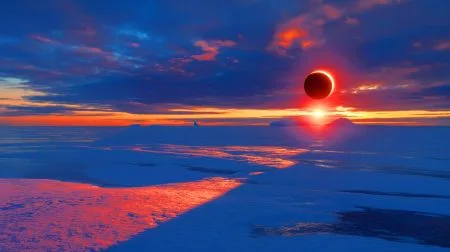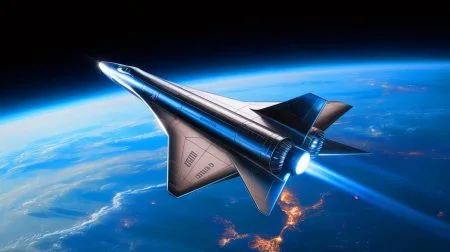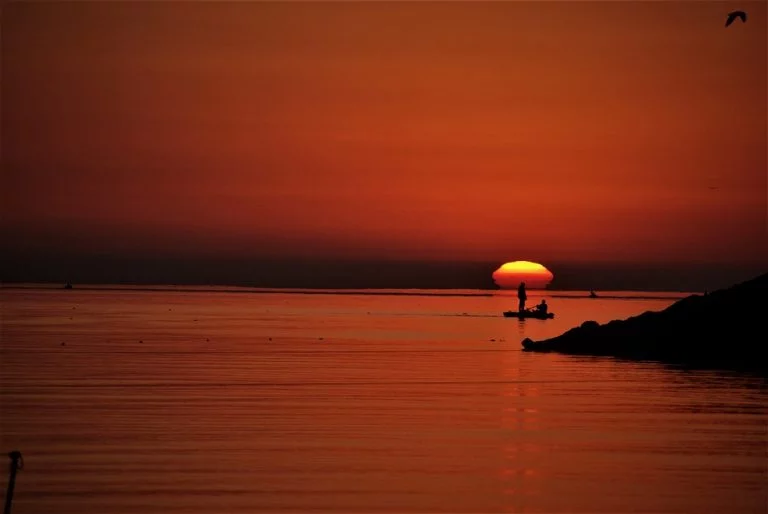Iran says Moscow has called for the establishment of an electrical grid between Azerbaijan, Russia and Iran as the Kremlin fills the void left by Donald Trump’s decision to contravene the Iran nuclear deal.
“Russians asked for an electrical grid between Iran, Azerbaijan and Russia,” Ali Akbar Velayati, an adviser to Iran’s Supreme Leader Ayatollah Ali Khamenei, told Iranian state-run television.
Expressing Tehran’s support for the idea, he said the network would connect the three countries’ power systems and while facing potential energy cuts.
Velayati said leaders of the five Caspian Sea littoral countries – Azerbaijan, Iran, Russia, Kazakhstan and Turkmenistan – would meet in the Kazakh capital of Astana to sign agreements to boost co-operation.
There is an ongoing debate about whether the Caspian is a sea or a lake, which affects the way its oil and gas reserves are divided up among the five nations.
“A summit of the Caspian states will be held in the capital of Kazakhstan in the near future. During the meeting, the Caspian states are planning to sign a document banning third countries’ military presence in the region. This is a very important issue,” Velayati said.
“Iran and Russia are diametrically opposed to the US, Nato or any other countries’ presence around the Caspian Sea,” he told the media.
Velayati said Iran and Russia would prevent Nato and the US from gaining influence in the Caspian.
On Syria, the Iranian envoy said: “Despite the claims that Iran stands against Russia’s presence in Syria, Russian President [Vladimir] Putin said that the two countries will continue cooperation in the region.”
Oil production
Azerbaijan is expected to produce on average 0.79 million barrels of oil per day this year, according to Opec (Organisation of the Petroleum Exporting Countries) in this month’s Oil Market Report.
“For 2018, the country’s oil supply is estimated to decline by 0.01 million barrels per day for an average of 0.79 million barrels per day,” the report estimated.
In June, Opec forecast oil production in Azerbaijan to stand at 0.78 million barrels per day in 2018.
Next year production was forecast to decline by 0.02 million barrels per day to an average of 0.77 million barrels per day.
“Azerbaijan crude oil output increased by 15,000 barrels per day month-on-month to average 0.73 million barrels per day in May supported by the Azeri-Chirag-Guneshli complex through central and east Azeri platforms in the Caspian, leading to a rise in liquids supply by 0.01 million barrels per day month-on-month to average 0.81 million barrels per day,” said the Opec report.
There is an ongoing debate about whether the Caspian is a sea or a lake. Picture credit: Pixabay
Did you like it? 4.5/5 (28)







